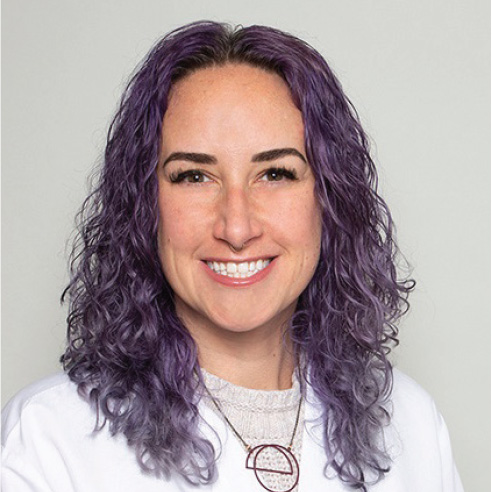Candice Calhoun MHS, PA-C
Danbury Hospital
Candice.Calhoun@nuvancehealth.org

Bio
Candice Calhoun MHS, PA-C is originally from Northeast Ohio. She received her Bachelor of Science degree in Biology and Bachelor of Arts degree in Psychology from Northeastern University in Boston, Massachusetts. As an undergraduate, she was granted a spot in a competitive faculty-led study abroad program, Dialogue of Civilizations. This was a five-week course living in the northernmost district in Thailand on the Myanmar border and was based out of a nongovernmental organization that provides housing, education, food, life-skills and vocational training to children and families at high risk of being trafficked into exploitative labor conditions. This course partnered students from Northeastern University, Rutgers University, and the twenty-four women from Burma, Cambodia, Yunnan Province China, Laos, Thailand, and Vietnam of the Mekong Young Net and was focused on community organization and advocacy. She then worked as a Service-Learning teaching assistant in microbiology and participated in cooperative education as a medical assistant for gynecology practices.
After graduation, she was a research technician at the Center for Engineering in Medicine & Surgery at Massachusetts General Hospital, publishing two papers on the impact of machine perfusion on hepatocyte viability of ischemic and fresh rat livers. She went on to receive her Master of Health Science degree from the Physician Assistant Program at Duke University School of Medicine in Durham, North Carolina. She has completed the Yale University School of Management Executive Education course in healthcare management. She is currently enrolled in the Doctorate of Medical Sciences program at the University of Lynchburg based out of Virginia.
Candice has nine years of experience as a PA. Most of her career has been at Danbury Hospital in Emergency Medicine which has included an appointment as a clinical assistant professor for the University of Vermont. During her first five years at Danbury Hospital, she also took on a per diem position with inpatient pediatrics as well as an appointment as a clinical instructor of pediatrics with Ross University School of Medicine. She went on to practice for two years in interventional radiology at Saint Francis Hospital in Hartford followed by one year in the medical intensive care unit at Yale New Haven Hospital in New Haven before returning to Danbury Hospital in 2020 as a senior physician assistant. In 2021 she became an inaugural scholar of the Patricia A. Tietjen, MD Teaching Academy. She currently also serves as the PA at large on the Associate Medical Staff board of Danbury Hospital. She is a member of the LGBT Physician Assistant Caucus, Gay & Lesbian Medical Association, American Academy of Physician Assistants, and Connecticut Academy of Physician Assistants.
Candice is also a mother to two elementary-aged children, owns two dogs, and is a long-distance runner. She has finished the New York Marathon twice as well as Delaware and Newport Marathons. She has competed in two Ragnar Races, covering 190 miles of Cape Cod, to fundraise for the charity Dylan’s Wings for Change, most recently as one of a 6-person Ultra team, completing a total of 37 miles in one race. She currently lives in Middletown, Connecticut.
Scholarly Project
Transgender and Gender Diverse Patients: A Pilot Program to Address Knowledge Gaps in Healthcare
